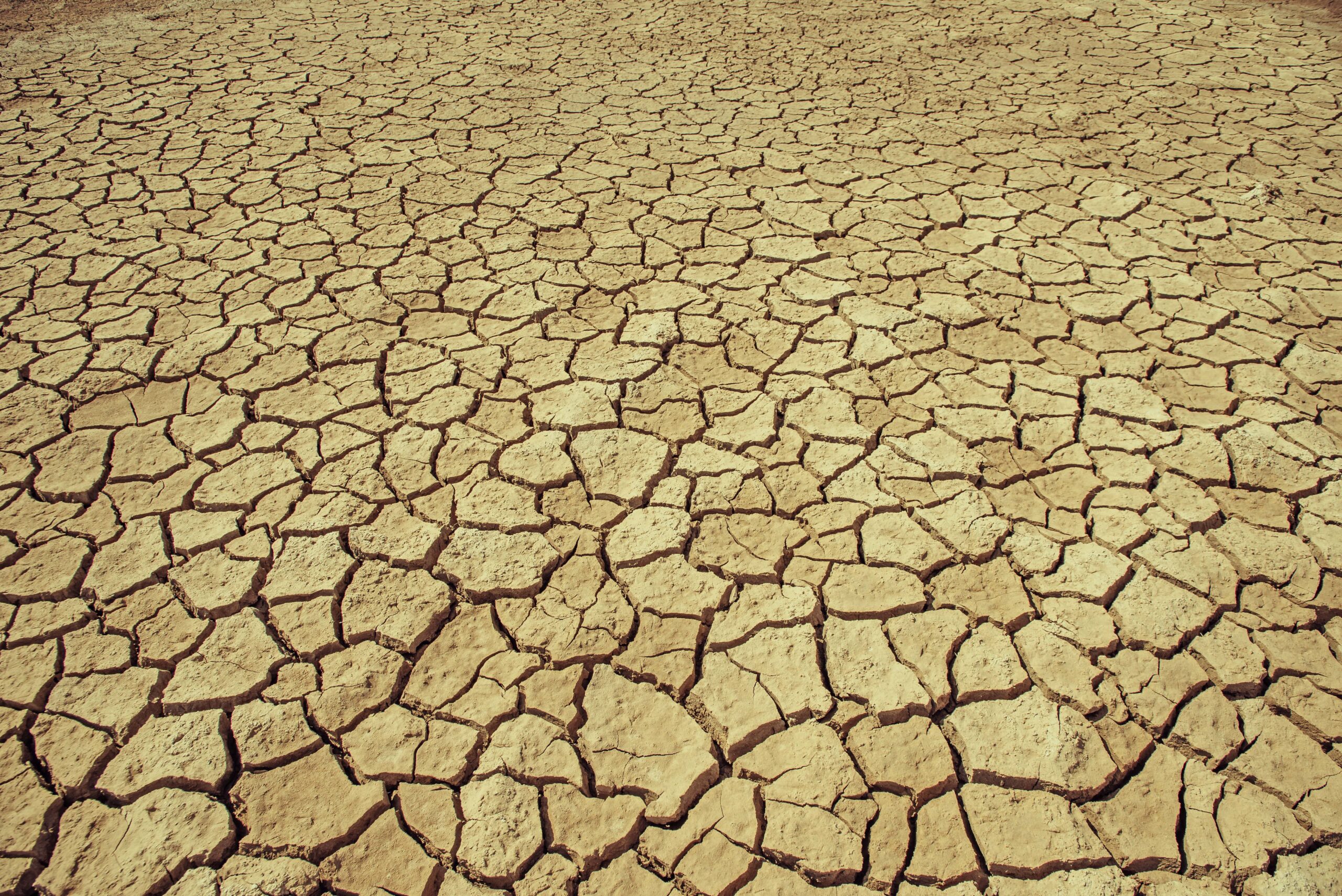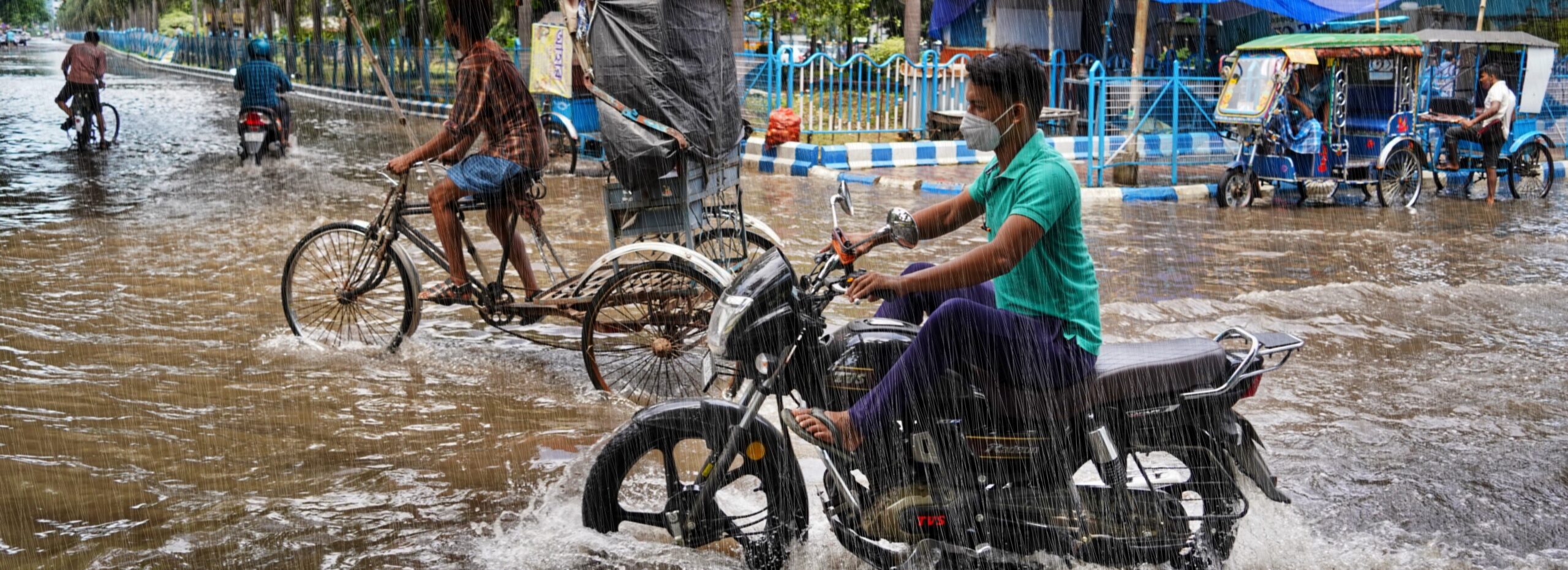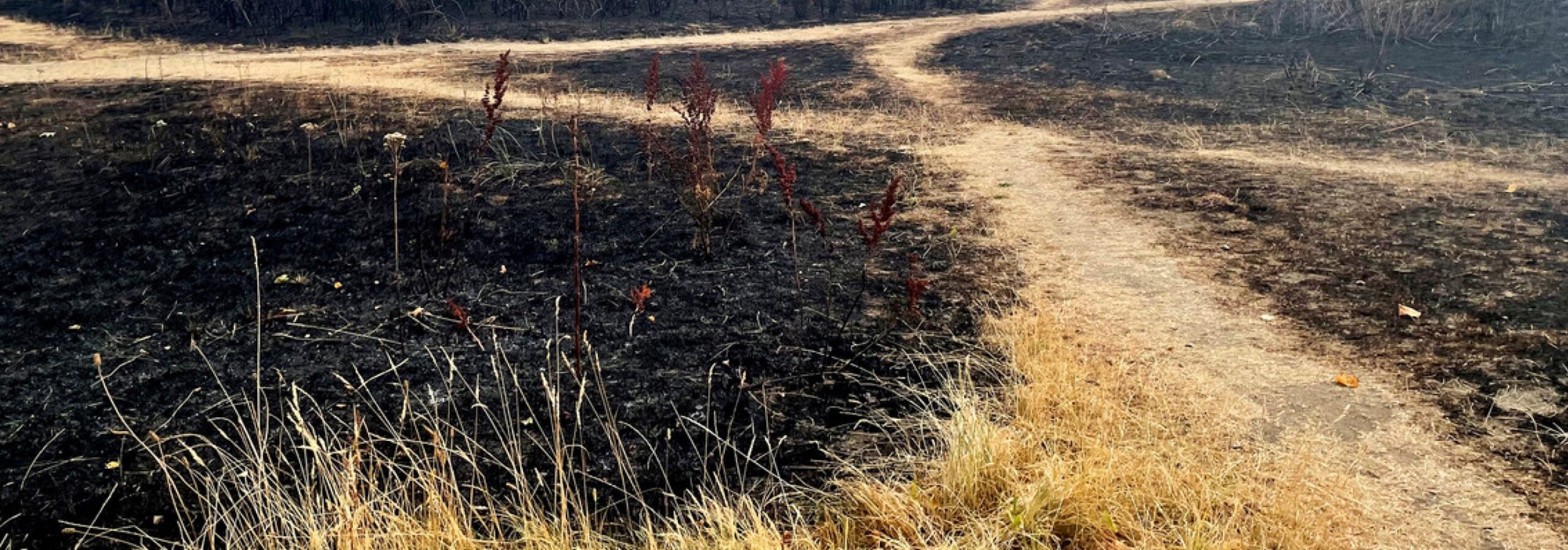The research combines the new science of extreme event attribution with assessments of historic emissions from individual countries and regions in the world. Otto along with scientists from CICERO in Oslo, Norway demonstrates that it is possible to assign individual countries responsibilities for some types of extreme weather events. Quantification of these country specific contributions rest on data and science, but also depend on value based judgements.
“We found that it is scientifically possible to quantify historical responsibility of individual countries/regions for specific extreme events,” said Dr Friederike Otto, deputy director of the ECI and lead author of the study. “The fact that it is possible to provide such quantification will greatly advance the possibility of an informed discussion,” Otto added. “The aim of the study was to explore what science could contribute to the debate of climate justice.”
We found that it is scientifically possible to quantify historical responsibility of individual countries/regions for specific extreme events.
The team applied two different statistical methodologies to assign contributions of individual countries’ emissions to an extreme weather event, using the example of the Argentinian heatwave of 2013–14. While a previously published attribution study found that anthropogenic climate change overall made the event approximately five times more likely, the new analysis showed that when accounting for all historic emissions from 1850 onwards large emitters like the U.S. and the EU made the event approximately 28% and 37%, respectively, more likely. The differences between the different methodologies were small compared to the overall responsibility assigned to the individual region.
“Overall, we find that choices about how to do the calculations that are not only scientific but also moral and political determine the quantitative results,” said Dr. Jan Fuglestvedt, research director at CICERO.
The manuscript is published in Nature Climate Change.





